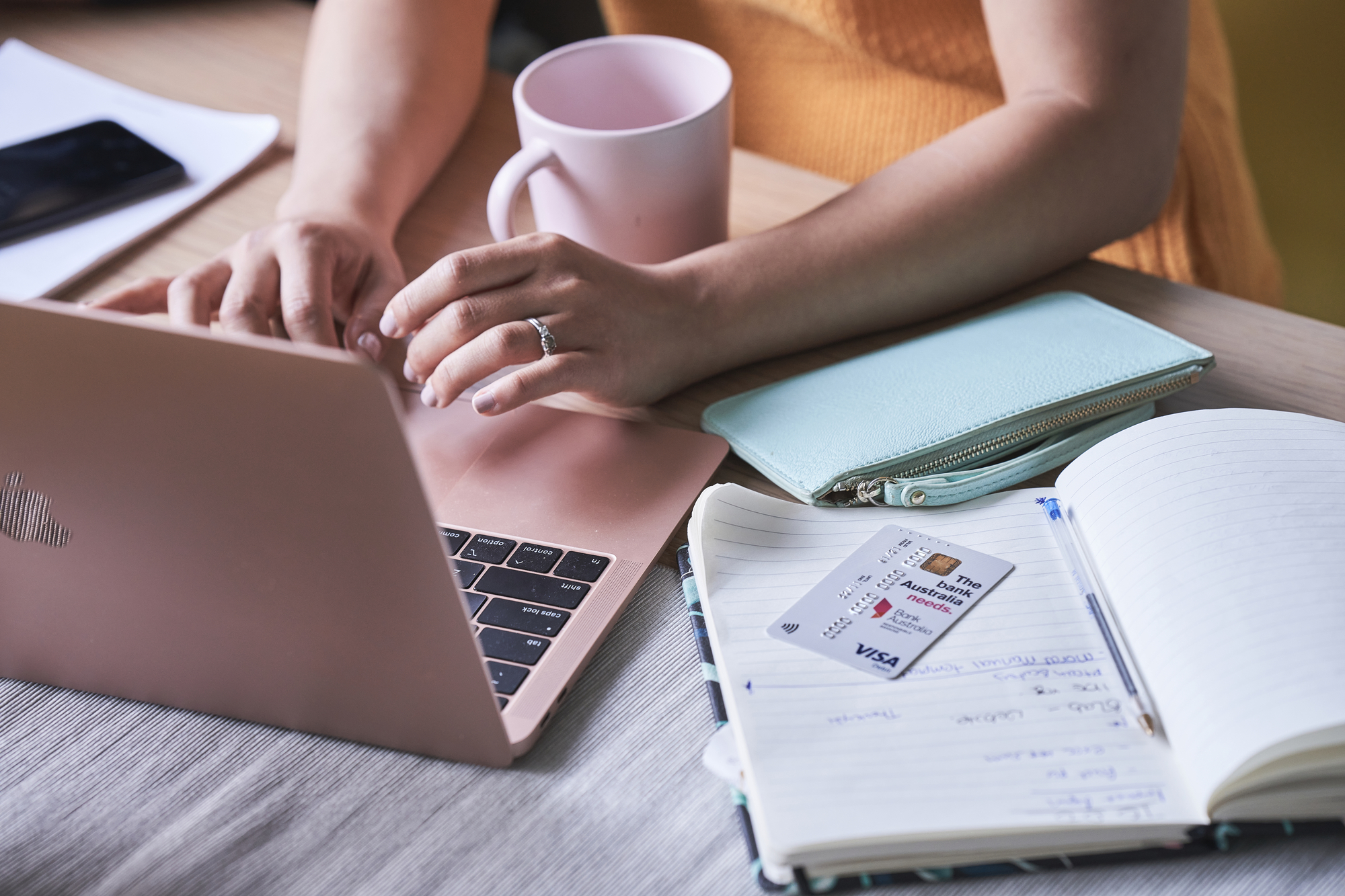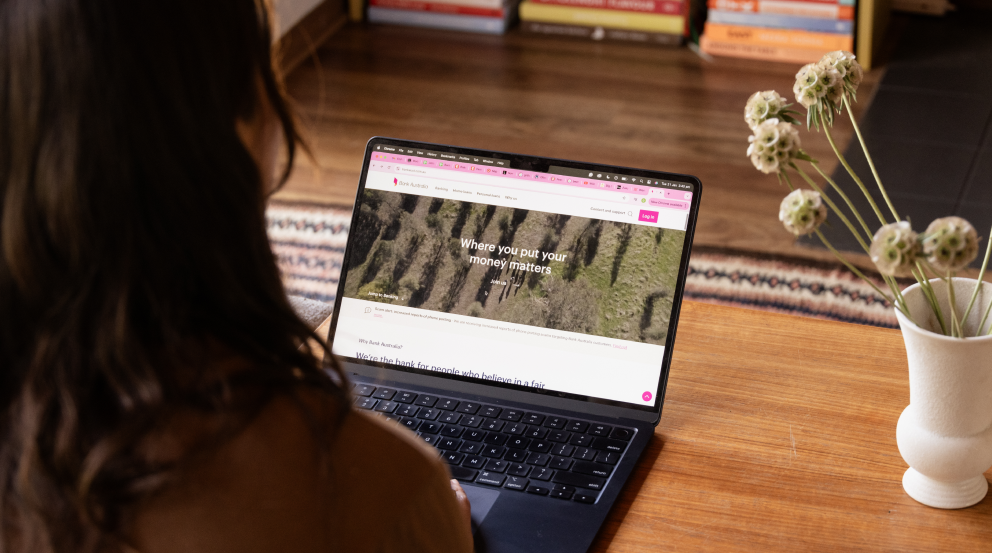Investing in property can be a smart financial strategy and a practical way to build wealth. It may provide a higher return than some other forms of investment and it can be the means of earning a steady stream of passive income from rent.
As an existing homeowner, the equity you’ve built up since first purchasing your home could be a powerful tool to help you realise your goal of property investment.
Read on to find out when and how equity can make a difference to your property investment plans.
When is the best time to buy an investment property?
You may be keen to explore the idea of property investing but not sure when to take the plunge?
Timing the purchase of an investment property can be tricky and many people wait until they’ve built up enough equity in their current home (more on this below).
The decision can be made easier by obtaining an up-to-date property valuation from an independent valuer, a lender or a real estate agent, as well as getting independent financial advice.
What is property equity?
One of the major benefits of homeownership is the ability to build equity over time. Think of it as the share of your home that you own outright.
Equity rises through a combination of making principal payments on your loan and growth in the market value of your property. While you can use it for all sorts of purchases and investments, it’s becoming increasingly popular to buy an investment property (or even build a portfolio of properties) by tapping into your equity.
How to work out your equity
Total equity
In simple terms, equity is the value of an asset (such as your home) less any money owing on it.
From a home loan perspective, if your property is worth $750,00 and you still owe $500,000, you could have $250,000 in total equity.
Usable equity
Good to know however is that your total equity isn't the magical number that dictates your borrowing power. As a guide, the equity you may be able to access – your “usable” equity – is up to 80 percent of your property's value, minus the remaining balance on your mortgage. You still need to be able to afford repayments on both loans.
How much can you borrow to invest?
The general rule of thumb is that you may be able to borrow up to four times the amount of your usable equity on an investment property. This amount may need to include stamp duty, legal fees and other costs – and it depends on your ability to make all the necessary repayments.
As well as assessing your usable equity, lenders take into consideration many other factors about you when you apply for a loan for investment purposes – just like they did when you first bought property. This involves looking at things like your job, earning capacity, assets, liabilities and credit history.
Using equity like a deposit
While everyone’s situation can vary – the vendor’s terms for example – when you access equity to buy an investment property, you may effectively be using the equity as your “deposit”. According to how much you have already paid off your loan and the current value of your home, you might not be required to put any additional savings down.
Accessing your property equity
When you know how much equity you have, give or take, there's more than one way to access that equity to invest in your next property.
Options include:
- Applying for another home loan for investment purposes with your your current lender – which may involve an additional application process with updated information about your financial circumstances.
- Refinancing with another lender – which means, assuming you’re approved, taking one new loan for the property you live in (an owner occupier loan) and another for the investment property (an investment loan).
Choosing your next property investment wisely
While using equity to finance a real estate investment has its benefits, it still needs to be approached with caution and the right advice. Interest rates may fluctuate, the value of your investment property could go down and external factors could impact the amount of rental you can earn.
If you're considering investing in property, the key is to know what equity you have and how to use it effectively.
Keen to learn more?
Explore the range of Bank Australia home loans or read about the best places to buy an investment property.






.png)

